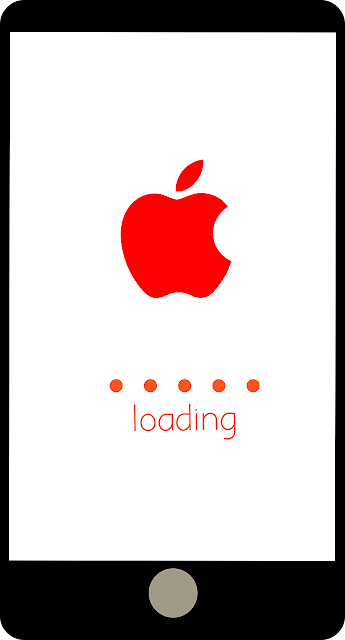Developed and managed by Apple Inc., the App Store is a platform for mobile applications that function on its iPhone operating system (iOS). Since its release in 2007, the iPhone has grown tremendously in popularity and the Apple brand has managed to create an entire ecosystem around its phones, including the App Store.
iOS app development is moving and evolving fast, thanks to new technology being invented. Let’s take a look at the top trends that will define iOS app development in the future:
Top Trends That Will Define iOS Application Development’s Future
Internet of Things
Internet of Things (IoT) has increasingly been used for a variety of functions today, from automated security to data management. The advantage of IoT is that just an internet connection is needed to control certain systems. This has changed the way many businesses handle certain processes. With its many benefits, the iOS app development field can no longer ignore IoT technology.
Machine Learning (ML) technology
ML refers to how computer systems use algorithms and other statistical data to perform tasks without taking specific instructions. Using ML in iOS development allows for innovative functions built into apps. This can include language processing, automated translation, and facial recognition. ML used in iOS apps offers a smoother, more efficient user experience.
Artificial Intelligence (AI)
AI refers to the intelligence demonstrated by machines and systems. For a while now, AI has been used in new technology developments to increase efficiency and effectiveness. AI is slowly but surely being incorporated into mobile apps to improve certain processes.
While iOS app developers are becoming increasingly interested in how this new intelligence can be used to enhance apps, it is still very much unknown territory and developers are mostly experimenting with how it can be used in the modern-day.
Augmented Reality (AR)
AR offers a real-world environment that users can interact with. AR was first introduced in an app to the public through Pokemon Go. Today, more and more industries, including the iOS app development field, are looking into implementing AR. It is predicted that this new technology will mainly be used for gaming applications in the beginning. However, as developers come to learn more about how it can be used, more iOS apps, for different functions, will feature it.
File Management
Apple has recently released an app called ‘Files’. This cloud-based app makes it easy for individuals and businesses to store data in one file that can be accessed from a mobile device. Files make it easy to securely store images, videos, and other files and to share them. It can save users a lot of time since only one platform is needed for everything. Incorporating access to files in other apps will make it more convenient to share information.
Apple Pay
With the release of Apple Pay, Apple’s digital wallet, more apps can be built that features transaction abilities. This mobile-friendly wallet allows users to make transactions easier and faster without the use of a credit or debit card. This wallet makes managing money incredibly convenient. It also provides a better security feature, so users can transact with complete peace of mind. More iOS apps can now be built to book and to order services and products.
5G Technology
Commonly known as the fifth-generation wireless tech for mobile devices, 5G is greatly influencing newer iOS apps. This technology offers a more robust connectivity option, compared to 3G and 4G, that allows faster data-sharing which gives businesses the freedom to automate core processes and to offer improved applications for capturing, sharing, and storing data. Today, it is already creating a data-intensive environment for developers to use in app development, but this is believed to increase in the next year.
Swift 3.0 and Swift 4.0 Programming
Swift 3.0 and 4.0 have only recently been launched, but it is quickly becoming a highly popular programming language for iOS developers. The main reason for this is that it is easier to use than many other programming languages. Swift 3.0 is already a gamechanger for many app developers, but it is Swift 4 that will change the future of iOS app development. This release is incredibly user-friendly and allows for scalable and highly secure programming.
It is important to note that newer technology may make it easier to develop iOS apps, but for more complex and innovative, tech-rich apps, businesses should still hire iOS developers for their projects. There are plenty of expert iOS developers for hire who are familiar with the latest trends who can implement this new technology into app development. The average iOS developer salary may be more than that of DIY app development software, but the choice between the two options depends on the requirements of a business. For smaller businesses and startups, there is the option of no-code:
No-code
Many smaller businesses and startups are already using no-code technology to built iOS apps. No-code allows anyone, including non-technical individuals, to build simple apps for a fraction of the cost of professional programming teams. This type of software works on the principle of visual elements that can easily be organized in a specific way to create apps for certain functions. While expert developers are still required for complex app development, small businesses and startups can use this option to save on costs and to create products for some of their business processes.
The Bottom Line
There is an iOS app for almost any function today. More and more businesses are looking into using apps to reach customers and to improve certain processes. With the rise of certain technology, such as AI and ML, apps are becoming more effective and powerful, and more can be done with it. Developers are slowly but surely incorporating these newer types of tech to create innovative apps that will change the way people do business in the future.
